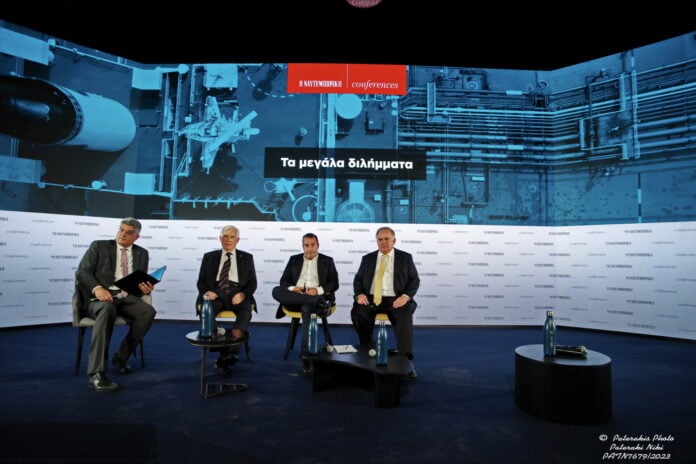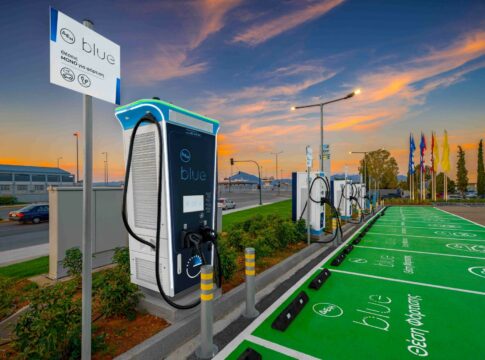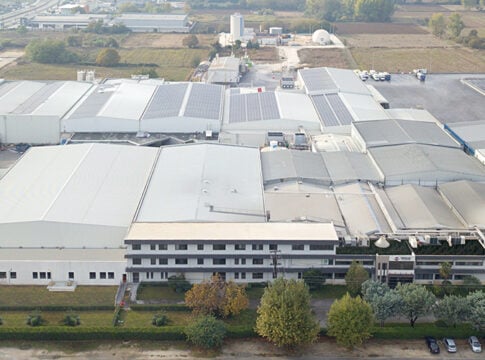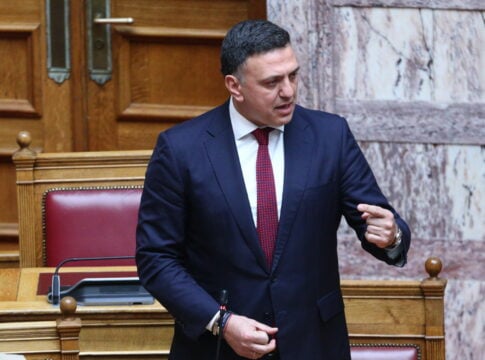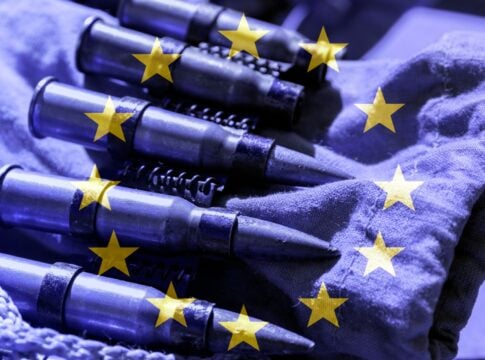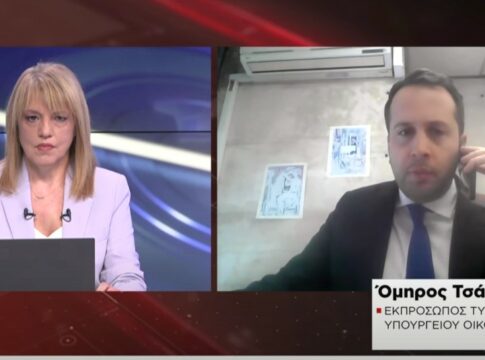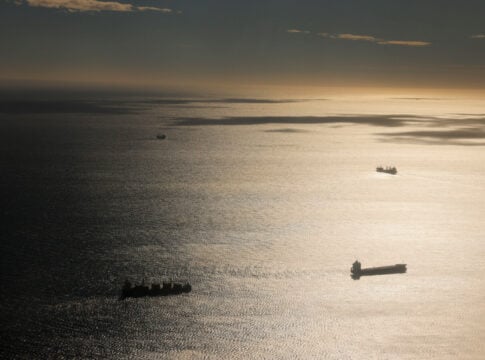Environmental regulations are the defenders of the shipping sector to a large extent, Petros Pappas, CEO, Star Bulk Carriers, said during the 7th Naftemporiki Shipping Conference.
“I believe that what will help the shipping sector in general are the environmental regulations. I think they will help a lot in the supply of ships,” he underlined.
Asked about the big dilemmas, he replied that “the path towards zero gas emissions is very clear” and he explained: “We all have a strategy, and we have some fleets. Every year, the fleets grow, get older, what do we do? This is a very important decision that one has to take.”
“Our company has decided to take measures to be able to face the restrictions on the issue of gases in the coming years. What are we doing; We take operational measures such as burning the least possible oil. We are currently checking the carbon capture on the ships, to see if this can work, we are looking to keep the reefs down… Therefore, at the moment until we see where things go, we are trying to take measures that will keep us within the limits in which we must be by 2030.”
Regarding the fuels of the future, Pappas noted that “at the moment we see ammonia, methanol and biofuels”. “I think it will be a combination of the three. Each has its pros and cons, mainly cons for the time being. As for nuclear energy he estimated that “it will not be able to work easily in shipping.”
“What I believe about nuclear power is that it will have to meet other needs to leave more green fuel for shipping in the future,” he added.
On the issue of Greek seamen, he noted that “first one must look at the financial aspect: The Greek seaman costs about 120 dollars a day more than the Filipino one. So if you had four Greek seamen it’s 500 dollars a day. Many companies are taking this into account.”
Regarding the competition with the Chinese shipowners, Pappas underlined: “I don’t consider it a race for who will be first. The Chinese have significant imports-exports. They have the state to support them. They have banks to finance if more steamers are needed. We basically have ourselves. But we have the knowledge, the Greeks have very good management. We know how to do operations. We have good relations worldwide.”


